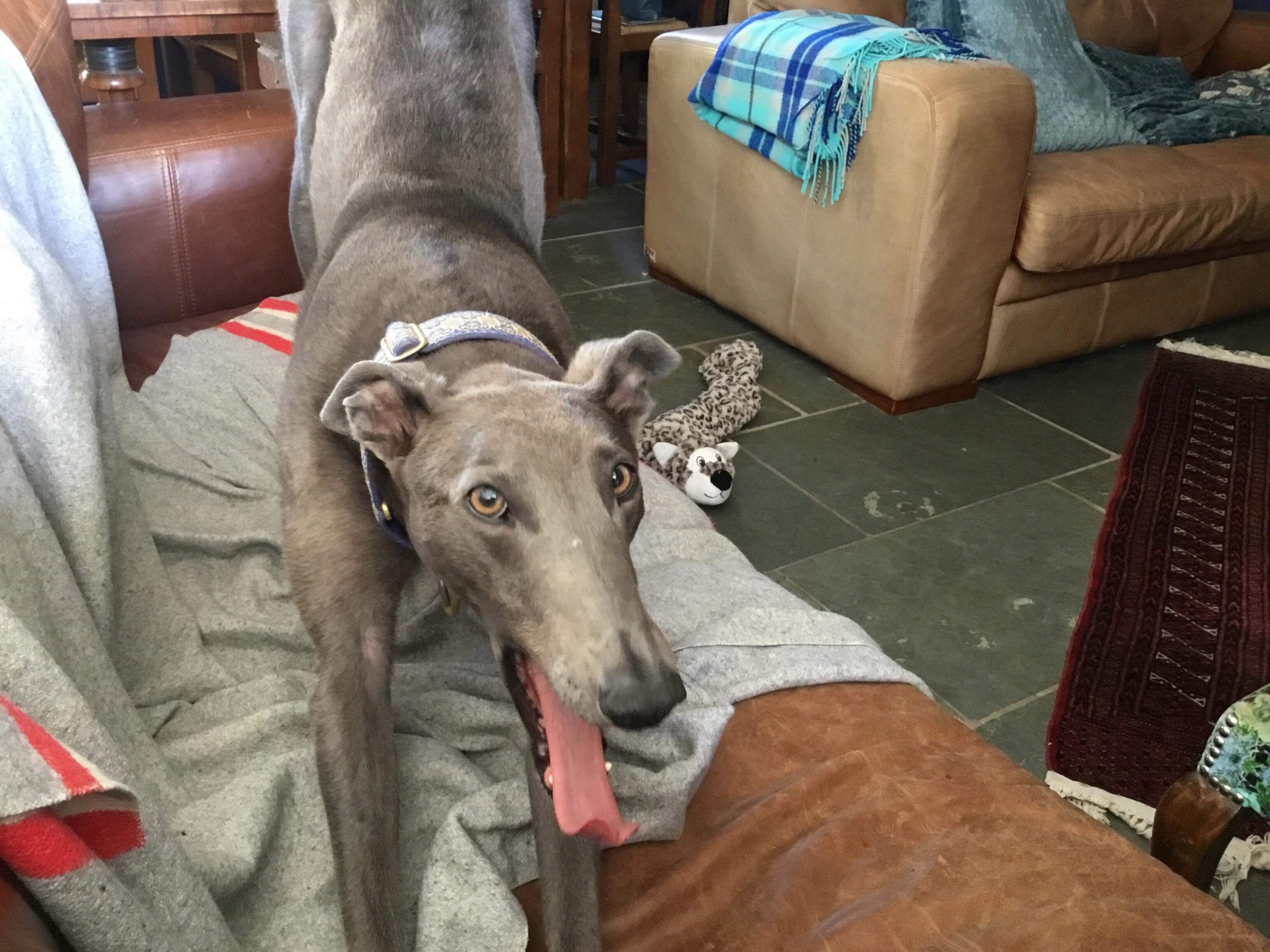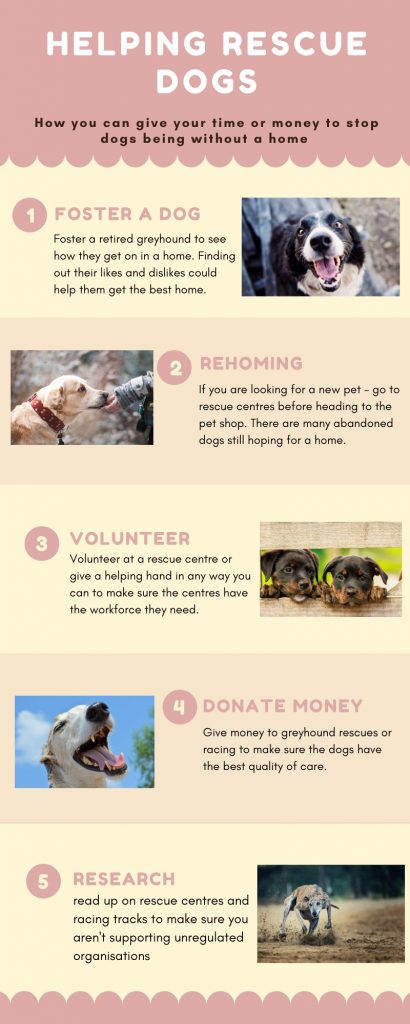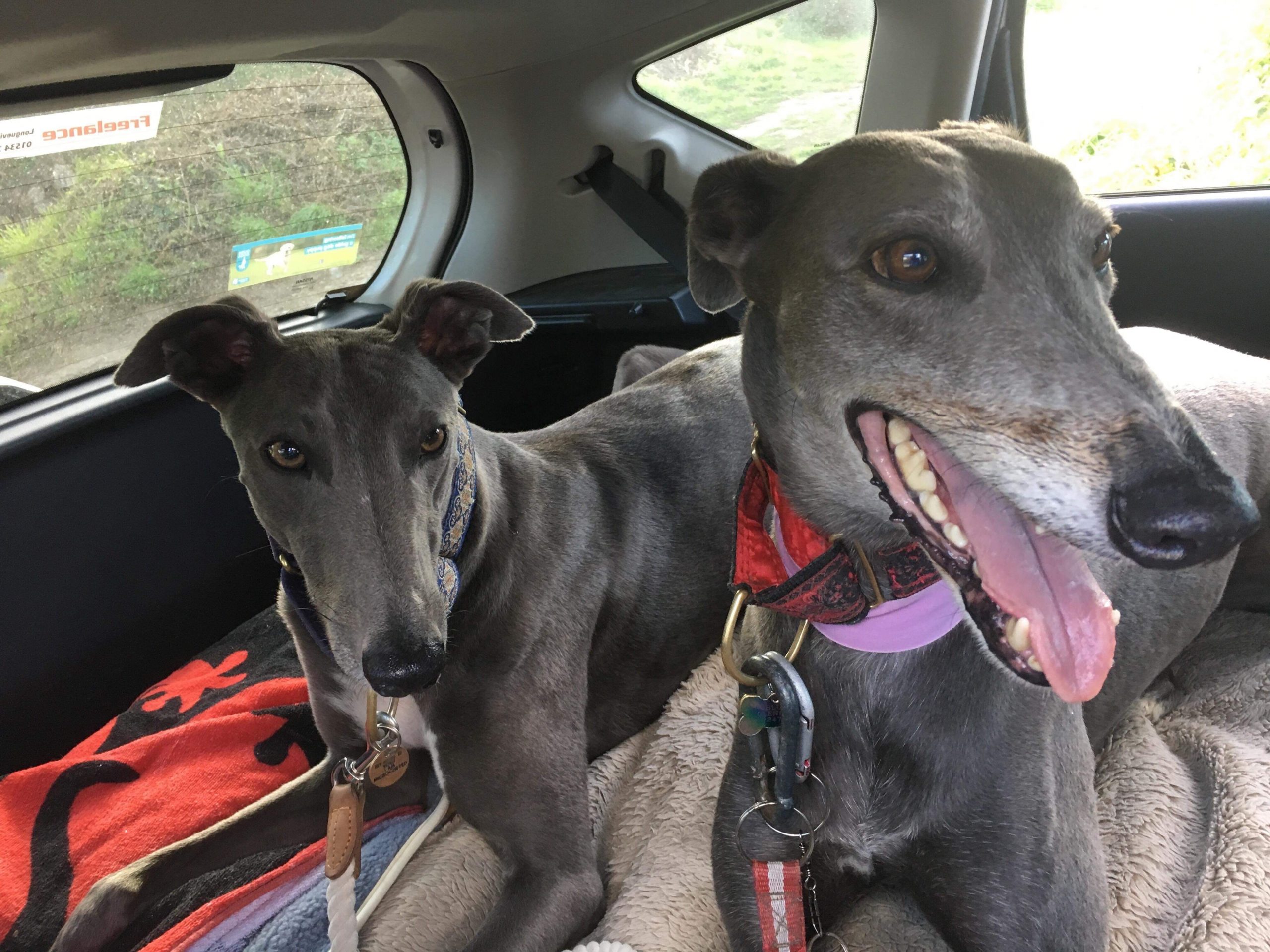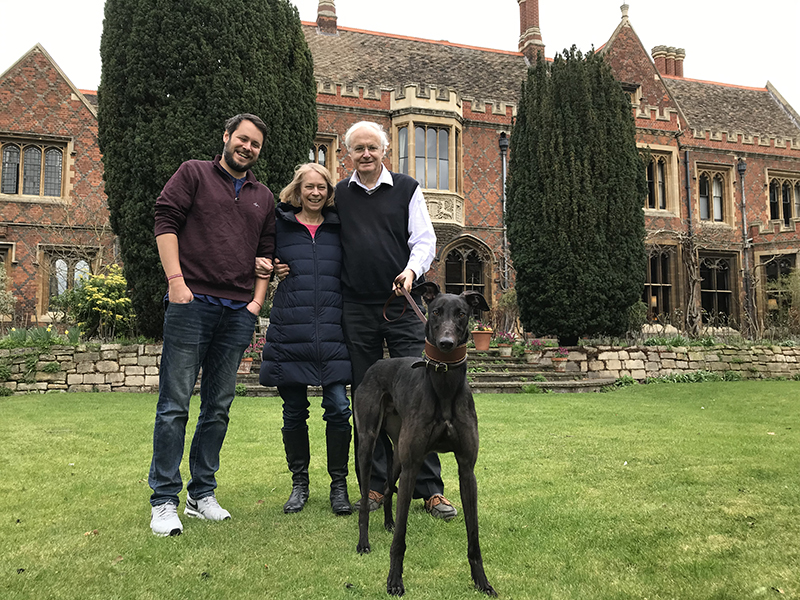![]() By Kate Dennett
By Kate Dennett
January 21 2020, 11.20
Follow @SW_Londoner
Concerns over greyhound mistreatment has taken a toll on dog racing as tracks close across the country.
Greyhound racing tracks are shutting down as councils are using the land for housing developments.
Manchester’s Belle Vue Greyhound Stadium is set to be demolished and replaced with houses.
Wimbledon Stadium closed in March 2017 after nearly 100 years of business.
As the most famous racing stadium in the country, this marked a new low for the sport.
And there is a growing belief that racing crowds have dramatically fallen because people have grown more concerned with the way greyhounds are treated by trainers.

Some charities see the closure of tracks as a positive step towards the end of the cruel industry.
The Greyhound Board of Great Britain’s (GBGB) 2018 retirement and injury statistics show that out of 426,139 runs, 242 dogs suffered racing fatalities and 4,963 dogs were injured.
The statistics do not measure how many dogs were raced annually, so it is not known what percentage of dogs suffered fatalities or injuries in total.
Over 140 retiring greyhounds were unsuitable for homing, 242 were killed on humane grounds at the racecourse and 175 dogs were put to sleep for treatment costs.

GBGB are working with the Greyhound Trust to better greyhound welfare and improve these statistics and have developed what they call their Greyhound Commitment.
A GBGB Spokesperson said: “Our Greyhound Commitment makes clear the sport’s commitment to ensuring every greyhound leaving racing finds a suitable, loving forever home.”
Greyhound Trust chief executive Lisa Morris-Tomkins said: “The number of racing greyhounds who never have the opportunity to experience a loving home when their racing career is over is unacceptable, and the base line injury and retirement figures published must be improved.
“It is unacceptable that any greyhound suitable for homing is euthanised.”
The Greyhound Trust take in almost 4,000 dogs a year, but with limited funds and nearly 1,000 volunteers working to home greyhounds, their capacity and resources are always stretched.
The Greyhound Rescue Jersey’s manager Gail Hickmott brings dogs over from the UK to find a loving home by the sea.
She said: “I think people are gobsmacked when they hear of the treatment because, like horse racing, you do not really think ‘I wonder what happened to the animal when it finishes racing’.”
“We are soppy with our dogs, you wouldn’t expect people to be soppy with a dog who is earning a living. But equally, I do not think they are nicely treated.
“You will get certain trainers that are nice to their dogs but when all is said and done, they make them race – I don’t dispute that they like to run, all dogs like to run – but they are still a dog used to earn money.”

Gail took in greyhound Gunner, who never raced, after he spent his whole life living in a shed. He was completely crippled and it broke Gail’s heart.
She owns eight greyhounds and continues to help rescue greyhounds find homes. Black greyhounds are often unpopular as they are not ‘photogenic’ and were historically working-class dogs.
Gail said: “The industry refers to black greyhounds as ‘like bin bags, easily disposable of’. Very seldom do people not take a black one if it is on offer though as you always go for temperament first. I wouldn’t like to say that people choose one over another, but it is a matter of taste.”
Talking about greyhounds adjusting to domestic life, she added: “Most greyhounds have never been in houses before, but they are mainly kennelled with another dog so sometimes they do find it quite isolating and lonely. It must be really weird for them.”
Whippet owner Richard Allo sold short films and donated the money to Gail’s charity with one of his cousins a few years ago.
He said: “I think it’s brilliant that rescue centres exist, but only if greyhounds get the rehabilitation they deserve.
“There’s a rescue sanctuary in Jersey run by Gail Hickmott. We went to the sanctuary at her house in St. Brelade’s and the amount of dogs they had there was amazing.
“They all were just chilling in the lounge in the biggest beds you could possibly imagine!”
GREYHOUND owners and dog lovers of the world – should greyhound racing still exist? Please vote below! Also share with me any thoughts you have about treatment of RESCUE DOGS 🐶
— Kate Dennett (@dennett_kate) January 13, 2020
Henlow’s professional greyhound trainer Kelli Windebank looks after 52 greyhounds and picks dog’s retirement homes based on their needs, never letting people choose favourites.
She said: “The right attitude from the potential owners is so important. Anybody who is committed to the dog need to understand they will take a bit of time to adjust to being a pet.
“There is always a home for a greyhound it is just making sure they go to the best type of home for their personality.
“We are never in a situation where someone comes and chooses their dog, we choose the people for our greyhounds.
“I would offer them a dog, regardless of what colour they are, it is all down to whether their personality suits the potential owners.”
She only has six members of kennel staff, with three people on duty at a time.
One staff member takes 12 dogs out at a time to run in the fields each day.

Kelli wants more people profiting from the greyhound racing industry to donate to re-homing so the dogs are well-cared for after retirement.
She said: “People buy a dog and that is when they are the most committed to them. I think then they should be charged a fee for re-homing that follows the dog through life – you then wouldn’t have to find it on retirement.
“Obviously book-makers could also give a bit more. They are making a hell of a lot of money out of greyhound racing. They could put a little bit more into the pot.”
Kelli feels personally attached to all her dogs and assesses each greyhound based on their needs.
Kelli said: “We will retire a puppy if we think they do not enjoy it, but some dogs will run until they are four or four and a half. The worst time to retire them is if they have had an injury they won’t come back from. That is devastating as you feel like you are robbing them of their career.
“There is no point trying or encourage a dog who has no interest – they will not get on with it. Most of the time, those are dogs that are often cat friendly, so they are very sought after.”
To help greyhounds in need, donate to greyhound charities or become a foster carer, helping dogs adjust to life in a loving home.
For more information, please visit https://www.greyhoundtrust.org.uk/.
